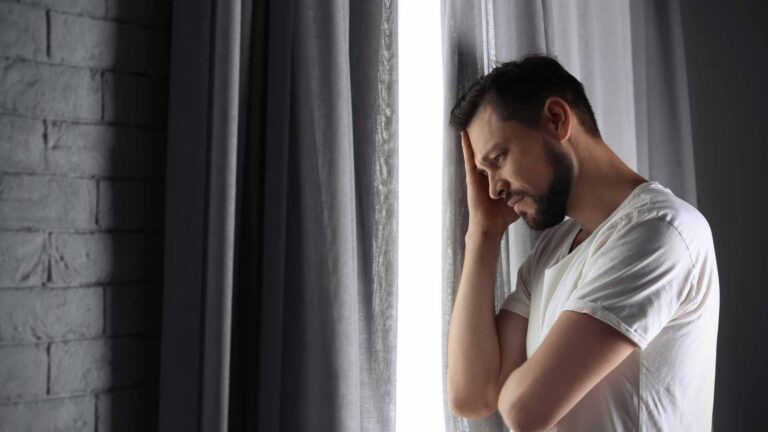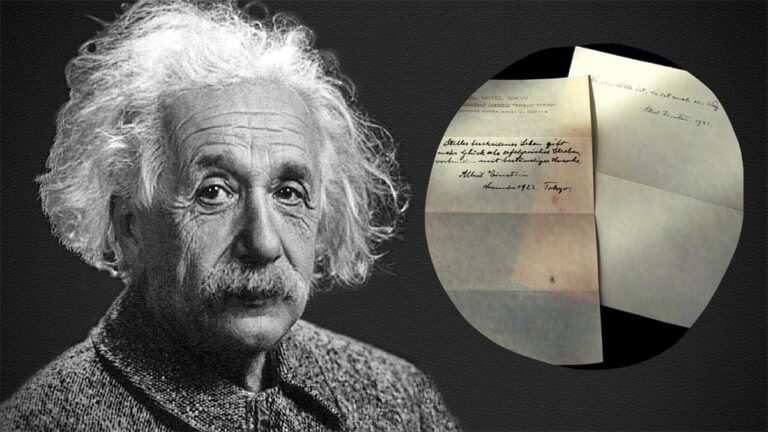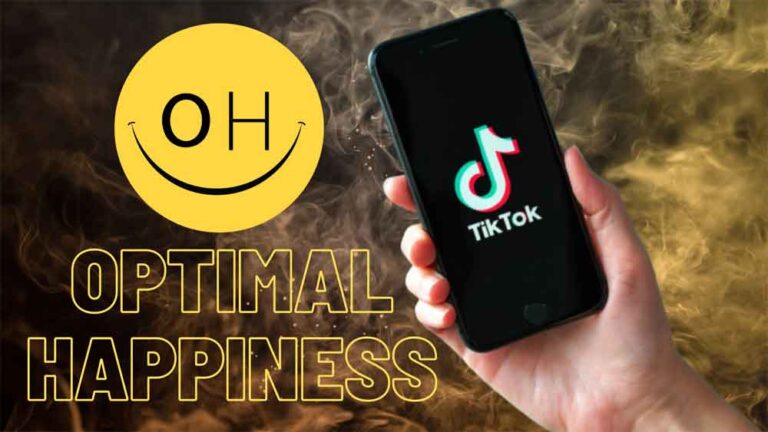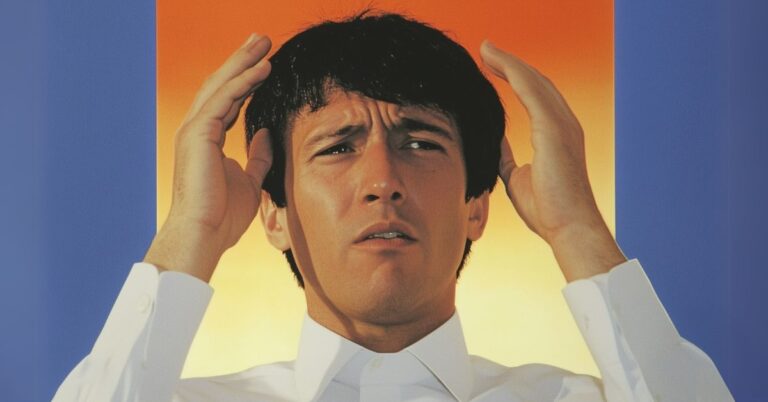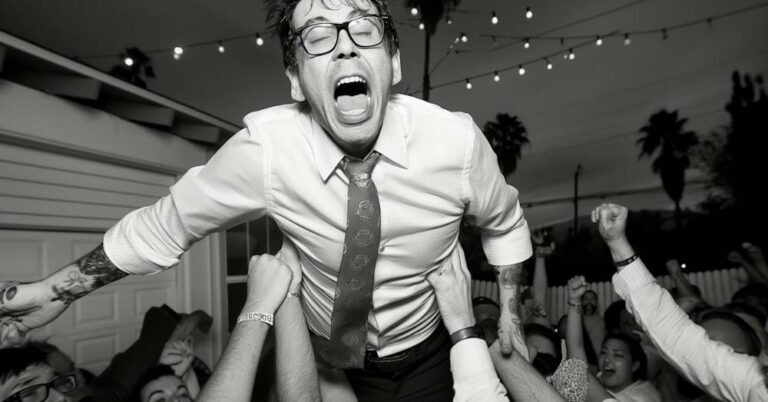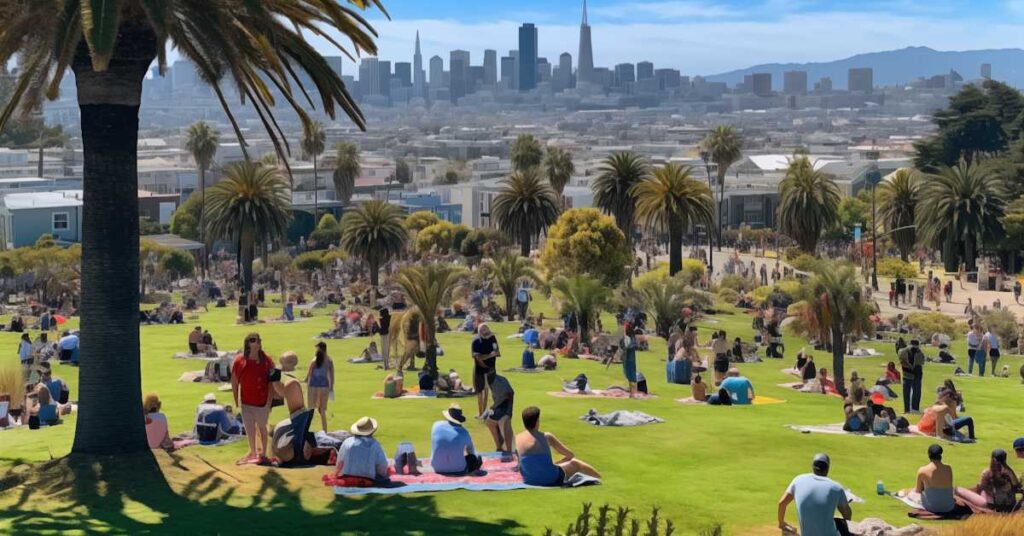
As you may know, I love sci-fi TV series and movies, partially because they discuss utopian and dystopian concepts. In fact, as far as dystopian concepts are concerned, there are an infinite number of permutations of what-if scenarios, explaining in excruciating detail how people would adapt and react to these situations.
People like me love them because, evolutionarily speaking, we tend to think about how we would survive in various situations if they happened to us. So books, movies, and the real world provide us with endless inspiration, and we try to figure out how to best act in every situation. This is evolutionary psychology at its finest.
So I love sci-fi because it offers me an endless supply of inspiration about what our future could look like if we take this or that path, which I often use in my writing. Some paths are obviously better than others, with some actions leading to utopia and others to dystopia.
Just take any dystopian concepts like: what if 1) shark tornadoes were a thing, 2) we lived in an ultra-capitalistic world, or 3) Trump was reelected? You have a dystopian movie. And, yes, as I’m suggesting, we are living in a dystopian world right now, simply because we aren’t living in a utopia.
Of course, the next logical question is, “What would a utopia look like?” with authors like Oscar Wilde suggesting that “A map of the world that does not include Utopia is not worth even glancing at.”
In my mind, the answer to this question is rather complex and is centered around solving the biggest problems we have today. As such, we could suggest that utopia would be centered around the idea of happiness as the #1 goal, instead of capitalism, as we have it today, everyone would be healthy, poverty would not exist, wars would be a thing of the past, and, yes, as the subject of this blog post suggests, we could live in a spiritually enlightened world.
Interestingly, many dystopian movies have been written around the concept of an all-powerful religion being in charge, meaning there is something seriously wrong with these concepts. Partially, some people will argue, it is because most dominant religions today are institutions, while what people are really after is spirituality. It is a subtle difference that makes all the difference, as most religions talk about spirituality, while spirituality doesn’t necessarily refer to any specific religion.
So what is spirituality and religion done right in a utopian context?
In my opinion, some movies address this, even though ever so briefly, as for many people, a utopia is a hidden dystopia because of some terrible hidden secret. As I wrote in my book Optimal Happiness:
“Pamela Bedore, Professor of English at the University of Connecticut and author of Great Utopian and Dystopian Works of Literature, said that a utopia is a perfect society where everything is perfect, except for this one house, which is abandoned and in ruins. In this house, there is a basement where a child is lying on the floor, abandoned, starving, and crying. Everyone knows about this house and this child, but they choose to close their eyes to this injustice because if they were to address this house and this child, it would mean the end of their perfect way of living.”
As such, we can suggest that a true utopia can never be, as we can never solve all the world’s problems. Even if we solve one major problem, something new would take its place. In other words, a utopia is a work in progress, never quite perfect or complete, but it is certainly guided by certain correct ideas and principles that we could aim to learn and apply in our lives today.
So a spiritual utopia would be a society optimized towards everyone doing the “right actions” to create a world of saints. These saints would eventually “die out” because they learn how to collectively “touch God,” ascending to higher planes of existence and transcending our need for reincarnation (if you believe in that) and 3D bodies, guaranteeing an eternal life for all their citizens. This is naturally a utopian view of a society and is in line with what all major religions of the world are trying to do, but on a much grander scale.
After all, all major religions incentivize us to practice spirituality and follow the path. They try to incentivize us to do it with different levels of success, but this is a very hard process, as people tend to be attracted to the materialistic path, which in many ways seems to be opposite to spiritual pursuit.
However, if we can agree that above everything else in life we want to be happy, and the ultimate, optimal, or euphoric happiness is to be connected to God, resulting in enlightenment and ascension to a higher plane of existence, then everything else is a distraction. Ultimate, unconditional, and perfect happiness can only be found in trying to reach this highest goal, to “touch God.” This is why, together with happiness, spiritual ascension and enlightenment should be our number one goal.
Luckily, in Optimal Happiness, spirituality is one of the pillars of happiness. So we incentivize people (even the atheists) to follow certain steps that help them maximize their happiness by taking several steps towards this ultimate pursuit. To learn more about how to be happy, create a utopia around the concept of happiness, and eventually reach ascension, enlightenment, and God, continue to read this blog and check out our other offerings.
Stay happy.







